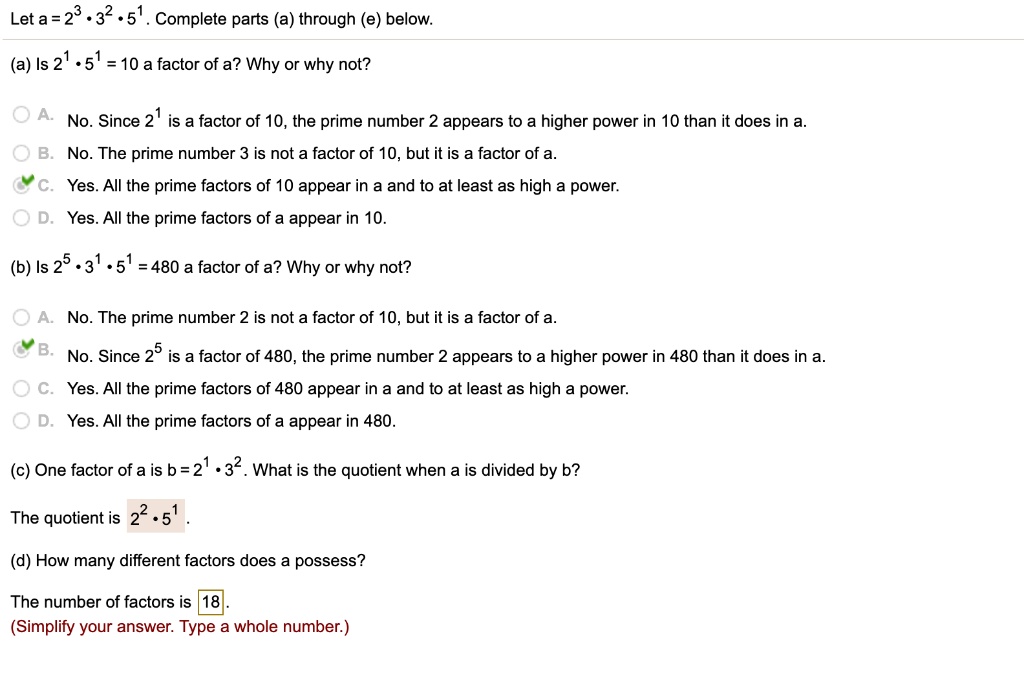

PRIME NUMBER - (~s) In mathematics, a ~ is a whole number greater than 1 that cannot be divided exactly by any whole …Ĭollins COBUILD - Толковый словарь английского языка для изучающих язык.PRIME NUMBER - ( prime numbers) In mathematics, a prime number is a whole number greater than 1 that cannot be divided exactly …Ĭollins COBUILD Advanced Learner's English Dictionary.Longman Dictionary of Contemporary English PRIME NUMBER - ˌprime ˈnumber BrE AmE noun a number that can be divided only by itself and the number one.Oxford Advanced Learner's English Dictionary PRIME NUMBER - noun ( mathematics ) a number that can be divided exactly only by itself and 1, for example 7, 17 ….PRIME NUMBER - n (1570): any integer other than 0 or positive or negative 1 that is not divisible without remainder ….Merriam Webster Collegiate English Dictionary PRIME NUMBER - Function: noun Date: 1570 : any integer other than 0 or ± 1 that is not divisible without remainder by ….Merriam-Webster's Collegiate English vocabulary PRIME NUMBER - Date: 1570 : any integer other than 0 or ± 1 that is not divisible without remainder by any other ….PRIME NUMBER - number that can only be divided by itself and 1 without remainders.Random House Webster's Unabridged English Dictionary a positive integer that is not divisible without remainder by any integer except itself and 1, with 1 often … Webster's New International English Dictionary PRIME NUMBER - noun : an integer other than 0 or ☑ that is not divisible without remainder by any other integers except ….PRIME NUMBER - Any positive integer greater than 1 and exactly divisible only by 1 and itself.PRIME NUMBER - noun Date: 1570 any integer other than 0 or ± 1 that is not divisible without remainder by any other ….More meanings of this word and English-Russian, Russian-English translations for the word «PRIME NUMBER» in dictionaries. English-Russian dictionary of general lexicon.The increased practical importance of computerized primality testing and factorization led to the development of improved methods capable of handling large numbers of unrestricted form. The idea that prime numbers had few applications outside of pure mathematics was shattered in the 1970s when public-key cryptography and the RSA cryptosystem were invented, using prime numbers as their basis. The search for ever larger primes has generated interest outside mathematical circles, through the Great Internet Mersenne Prime Search and other distributed computing projects. Since 1951 all the largest known primes have been found using these tests on computers. 1878), the Lucas–Lehmer primality test (originated 1856), and the generalized Lucas primality test.

Methods that are restricted to specific number forms include Pépin's test for Fermat numbers (1877), Proth's theorem (c.
E PRIME NUMBER TRIAL
Many mathematicians have worked on primality tests for numbers larger than those where trial division is practicably applicable. Another important 19th century result was Dirichlet's theorem on arithmetic progressions, that certain arithmetic progressions contain infinitely many primes. Although the closely related Riemann hypothesis remains unproven, Riemann's outline was completed in 1896 by Hadamard and de la Vallée Poussin, and the result is now known as the prime number theorem. Ideas of Bernhard Riemann in his 1859 paper on the zeta-function sketched an outline for proving the conjecture of Legendre and Gauss. A simple but slow method of checking the primality of a given number n, proved in 1852 by Pafnuty Chebyshev.

The property of being prime is called primality. Primes are central in number theory because of the fundamental theorem of arithmetic: every natural number greater than 1 is either a prime itself or can be factorized as a product of primes that is unique up to their order. However, 4 is composite because it is a product ( 2 × 2) in which both numbers are smaller than 4. For example, 5 is prime because the only ways of writing it as a product, 1 × 5 or 5 × 1, involve 5 itself. A natural number greater than 1 that is not prime is called a composite number. Composite numbers can be arranged into rectangles but prime numbers cannotĪ prime number (or a prime) is a natural number greater than 1 that is not a product of two smaller natural numbers.


 0 kommentar(er)
0 kommentar(er)
